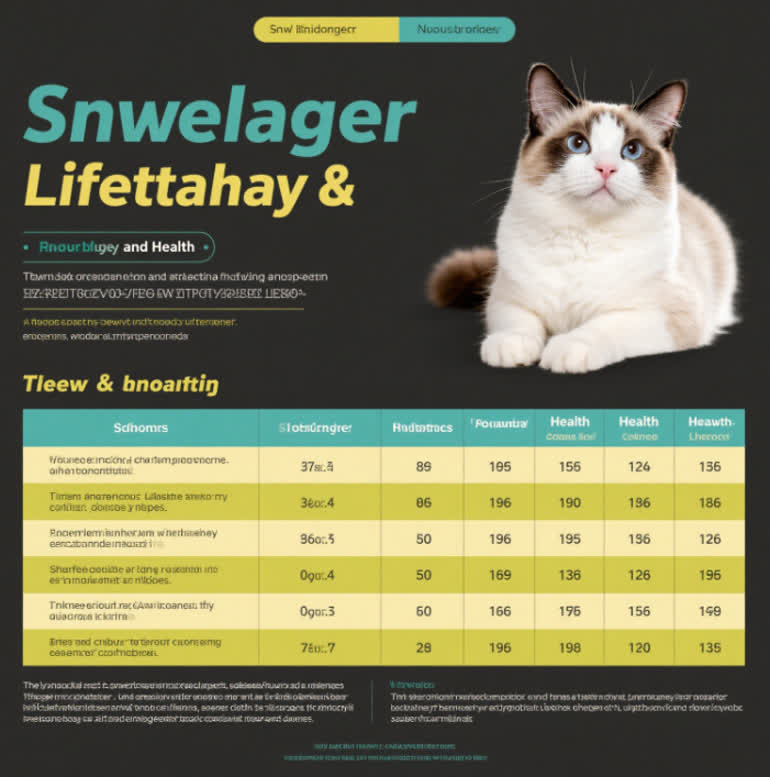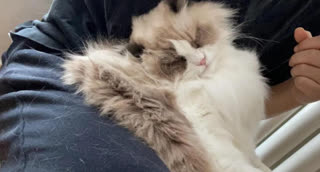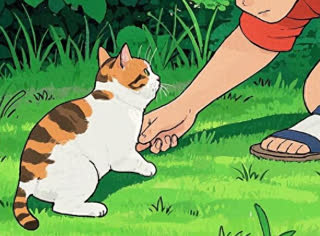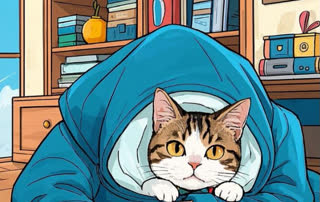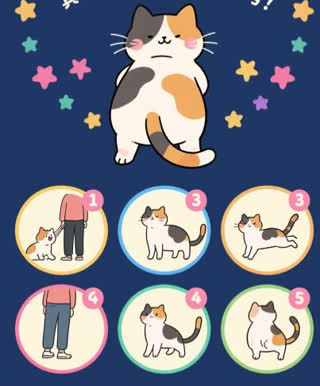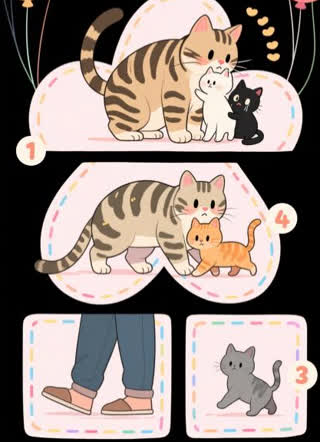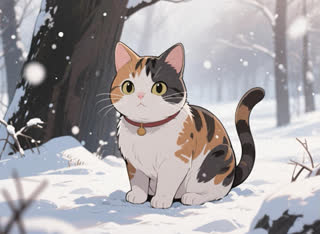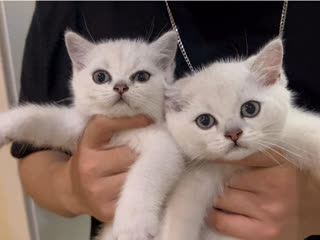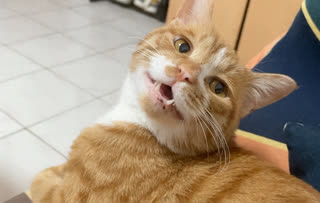The Snowshoe cat breed, known for its striking blue eyes, white "boots," and affectionate personality, has captured the hearts of cat enthusiasts worldwide. As a responsible owner, understanding the snowshoe cat lifespan and health issues is critical to ensuring your feline companion thrives. This article explores the breed’s average lifespan, common health concerns, and actionable care strategies to promote longevity and well-being.
Understanding the Snowshoe Cat Lifespan
The snowshoe cat lifespan typically ranges between 12 to 16 years, though genetics, environment, and proactive care play pivotal roles. These cats inherit robust health from their Siamese and American Shorthair ancestors but are not immune to breed-specific vulnerabilities.
Genetic Factors:
Snowshoe cats may inherit conditions like hypertrophic cardiomyopathy (HCM), a heart disease common in Siamese lineages. Regular veterinary screenings, including echocardiograms, can detect early signs and improve outcomes.Diet and Exercise:
Obesity can shorten a Snowshoe’s lifespan. A balanced diet rich in protein and controlled portions, paired with interactive play, helps maintain a healthy weight and muscle tone.
Common Snowshoe Cat Health Issues
While generally healthy, Snowshoes face several health issues requiring vigilant monitoring:
Hypertrophic Cardiomyopathy (HCM):
This hereditary heart condition thickens the heart muscle, impairing function. Symptoms like lethargy or labored breathing warrant immediate vet attention.Dental Disease:
Poor oral hygiene can lead to periodontal disease, affecting overall health. Annual dental cleanings and brushing at home are essential.Kidney Disease:
Chronic kidney disease (CKD) is prevalent in older cats. Early detection through blood tests and a low-phosphorus diet can slow progression.Respiratory Infections:
Their Siamese lineage makes Snowshoes prone to upper respiratory infections. Vaccinations and stress reduction minimize risks.
Proactive Care for Longevity
Extending your Snowshoe’s lifespan involves addressing health issues holistically:
Routine Veterinary Visits:
Biannual check-ups, vaccinations, and parasite prevention are non-negotiable. Bloodwork and urinalysis help catch silent conditions early.Mental Health and Enrichment:
Snowshoes are social and intelligent. Boredom can lead to stress-related illnesses. Provide puzzle toys, climbing structures, and daily interaction to support mental health.Environmental Safety:
Avoid toxic plants (e.g., lilies) and secure windows to prevent falls—common hazards for curious cats.
Nutritional Strategies for Optimal Health
A tailored diet directly impacts snowshoe cat lifespan and health issues:
High-Quality Protein: Supports muscle maintenance and immune function.
Hydration: Wet food or water fountains reduce kidney disease risk.
Supplements: Omega-3 fatty acids promote joint and coat health.
Conclusion: A Lifelong Commitment
Understanding snowshoe cat lifespan and health issues empowers owners to make informed decisions. By prioritizing preventive care, nutrition, and mental stimulation, you can ensure your Snowshoe enjoys a vibrant, healthy life. Regular collaboration with your veterinarian remains the cornerstone of proactive health management.
